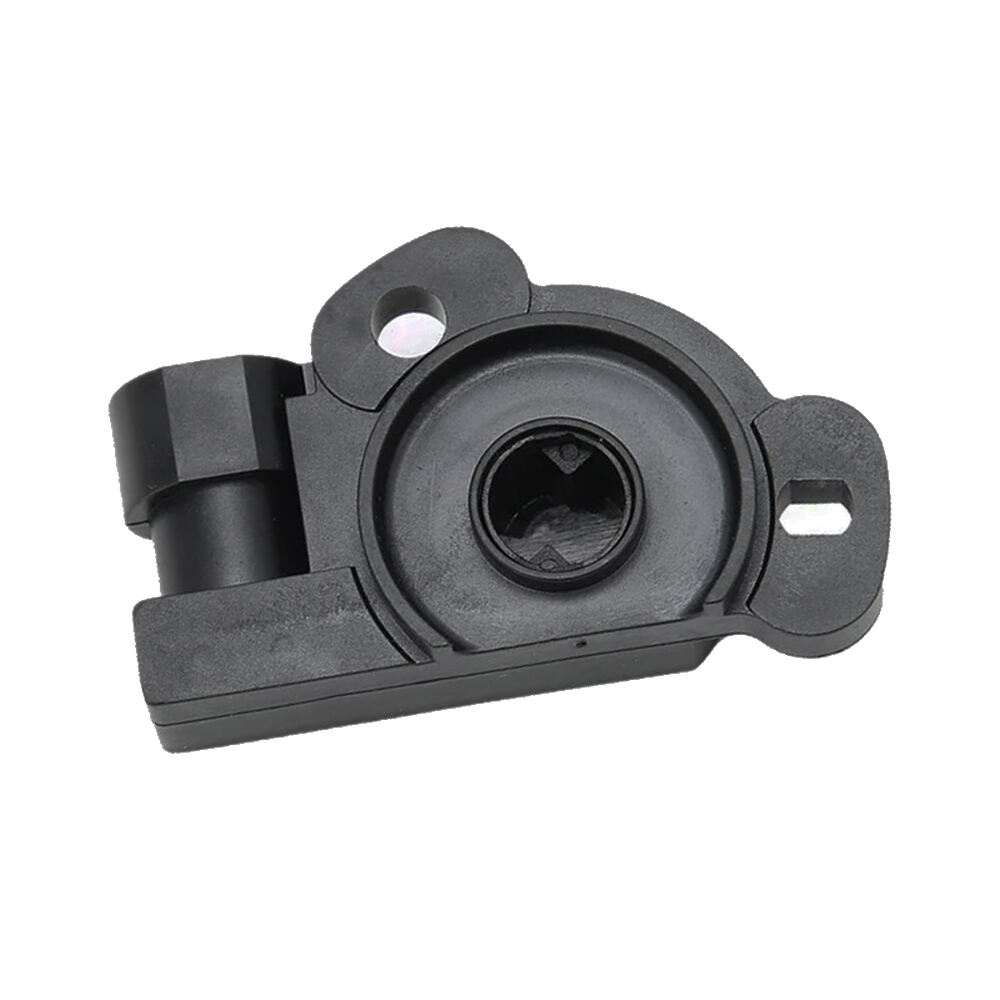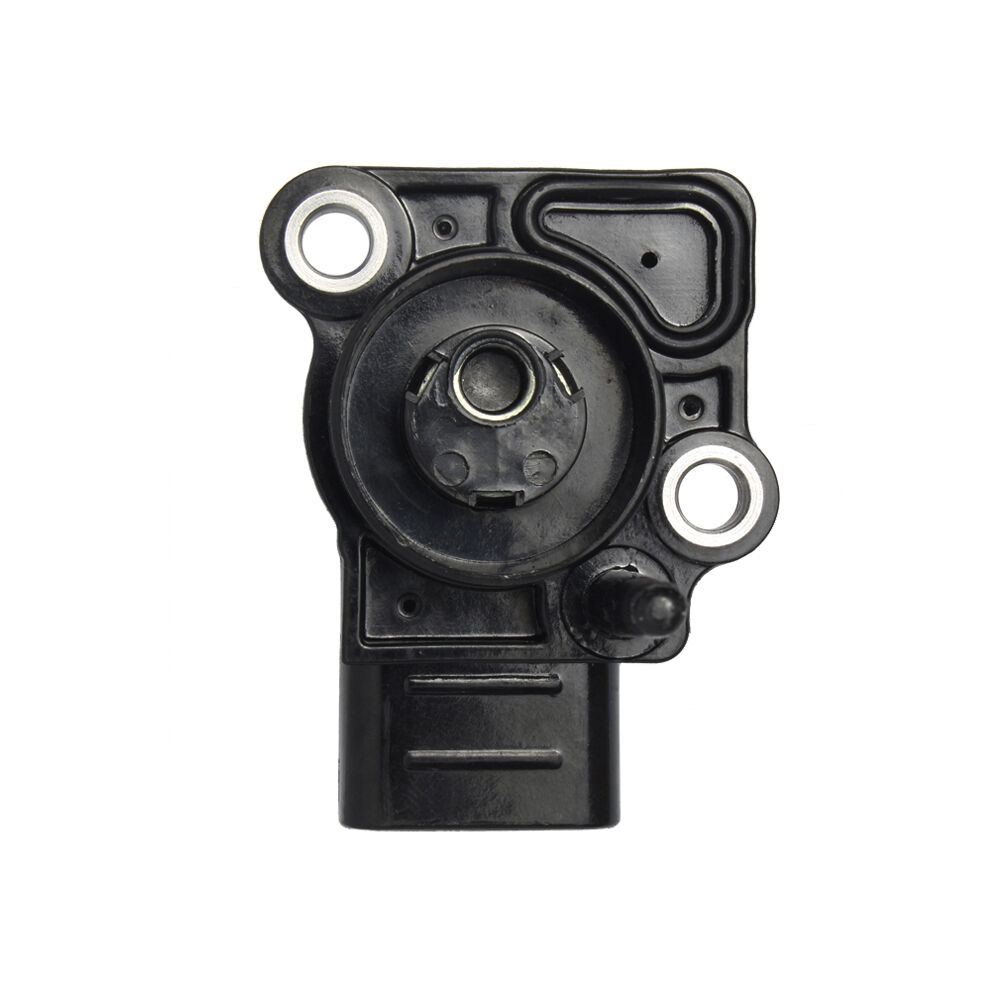temperature sensor on car
A temperature sensor on a car is a critical component of the vehicle's engine management system, designed to monitor and regulate various temperature-related functions. This sophisticated device continuously measures temperature levels in multiple areas, including the engine coolant, transmission fluid, and intake air. The sensor works by converting temperature readings into electrical signals that the car's Engine Control Unit (ECU) can interpret and respond to accordingly. Modern temperature sensors utilize thermistor technology, which changes electrical resistance based on temperature variations, providing highly accurate readings essential for optimal engine performance. These sensors play a vital role in preventing engine overheating, maintaining efficient fuel consumption, and ensuring proper emission control. When the sensor detects temperature anomalies, it immediately signals the ECU, which can then adjust engine parameters or alert the driver through dashboard warnings. The technology has evolved to include multiple sensing points throughout the vehicle, offering comprehensive temperature monitoring for enhanced safety and performance. Temperature sensors are particularly crucial in extreme weather conditions, helping maintain consistent engine performance regardless of external temperatures.


